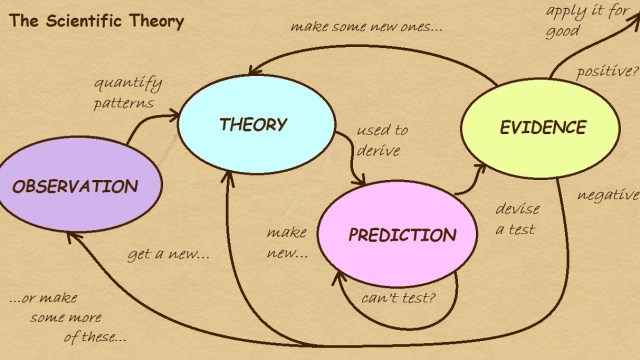Why I’m Honored To Be A Woman Called ‘Crazy’

History looks fondly on the rebels, the risk takers, and daredevils who questioned the status quo and changed society for the better. Our country was built on defiance; from the Revolutionary War and the Civil War to the Suffrage Movement to the Civil Rights Movement of the 1960s, we are a country that celebrates upsets and underdogs. But only in retrospect. In a beautiful and harrowing piece published inAeon, Carrie Arnold explores the dichotomy between our very real need for defiance and our systematic labeling of defiant people as “crazy.” As someone who has been called rebellious and, according to some men, crazy, the reality presented by Arnold is one I know to be true. Should I then be ashamed of the label, or is it a badge of honor? As Arnold says:
“Without defiance, the values of the Western world might not exist at all. Early Christians defied laws banning their new religion, worshipping in private and sometimes being killed for their beliefs. In Russia and Europe, serfs defied their masters. Slaves did the same in the United States, ultimately winning their freedom. Women’s right to vote, life-saving treatments for HIV infection, and marriage equality are all the result of defiant acts. Defiance is the Occupy Wall Street movement, protesting income inequality, and Black Lives Matter, bucking a system where law enforcement imprisons young black men at many times the rate of other groups.”
What is “crazy” and why is it so threatening? Often it is used to describe behavior we don’t understand, or something that seems out of the norm. The term can be used casually to describe a situation, sometimes even in a positive way (“That party was cuh-razy”), but when it’s used to describe a person it takes on an accusatory tone (“No bro, she was crazy.”) In modern American culture, the worst thing a woman can be is crazy. Your behavior doesn’t fit in social norms. You’re not a trailblazer; you’re insane. But why are these standards held with such regard? Why is it so important that we follow the rules, do what is expected, and act in a way that is agreed upon as normal? Sometimes what is “agreed upon as normal” isn’t ethical. It takes someone who thinks outside of the norm to see that. It takes a nutcase.
My father always labeled me as “argumentative” based on my refusal to just shut up and stop questioning everything. Yet if I didn’t question things, I would have suppressed my curiosity and never had the drive to explore my interests and my world. I wouldn’t have become who I am without being a little crazy and bucking trends. I grew up in Texas with left-of-center political beliefs, a vegetarian diet, listening to protest songs of the ’60s and reading the poetry of Langston Hughes. At 16, I was a member of the NAACP, ACLU, and PETA and was obsessed with environmentalism and current events. That’s an insane way to behave in any high school, but particularly in Texas. Today, I’m still called crazy, but it’s mostly for being an adult woman who has opinions, like that we should appropriate the term “crazy” and own it. I argue, when it’s called for. I’m rebellious, when I see injustice. I’m defiant, when compliance isn’t an option. I am crazy, for honoring the responsibility I have as a human being in an unjust world.
We need crazy behavior to start revolutions, both individual and cultural. You can’t start a revolution by following the rules and complying to what is expected. No war, of words or of bullets, was won by being so uncreative. Thinking outside the box is really thinking outside the straight-jacket that society imposes. Who is crazy? The brilliant women that have led world-changing rebellion, like Claudette Colvin, Mary Dyer, Susan B. Anthony, Gloria Steinem, and the Notorious RBG. Maybe, as Arnold pointed out, we should “listen to the defiant and not diagnose and medicate them.” Vive la revolution. Vive la louf.
—
PHOTO CREDIT: H. Armstrong Roberts/Retrofile





